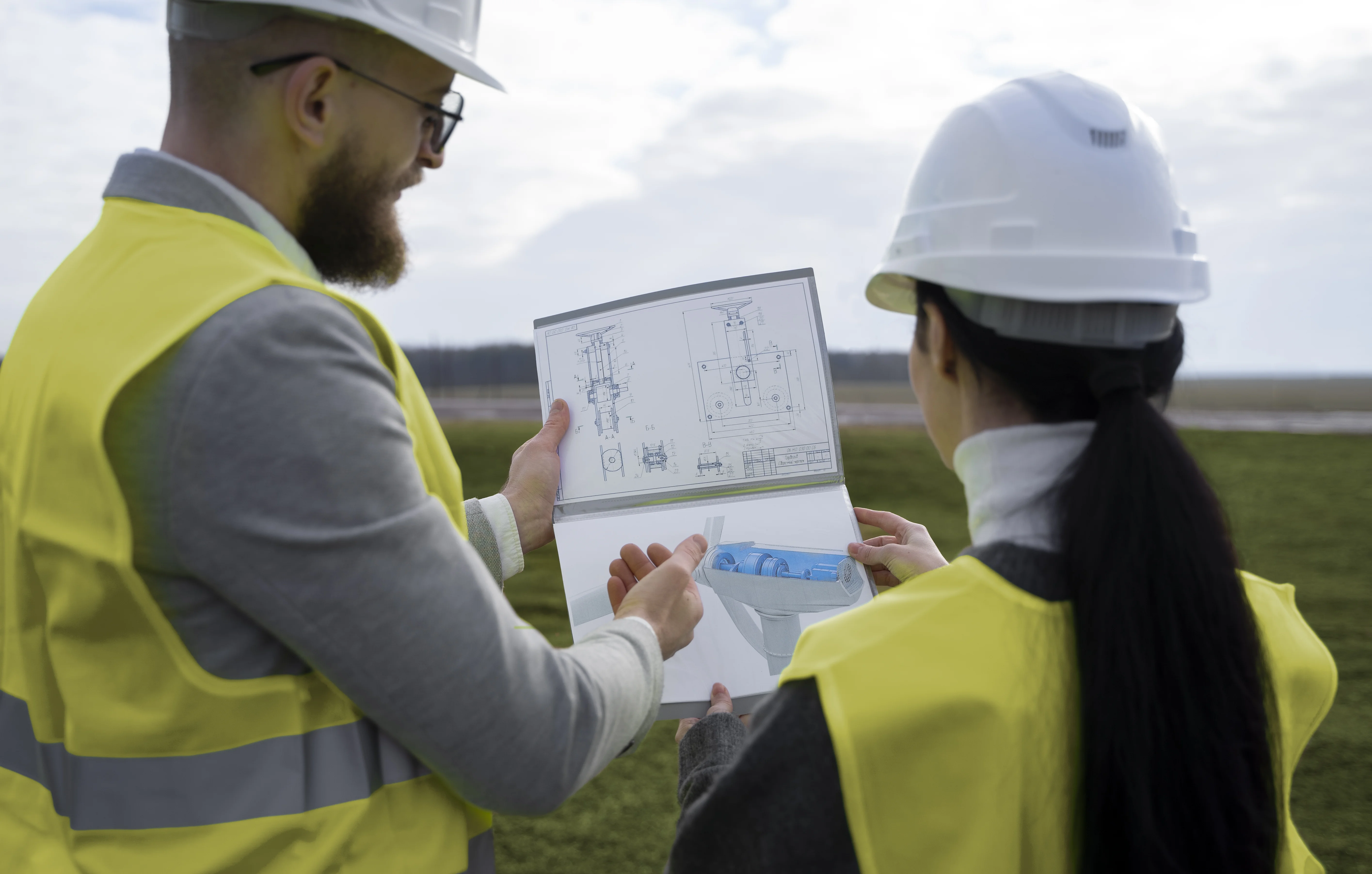Land Development Engineering is a specialized field that encompasses the planning, design, and construction of various land development projects. It involves transforming raw land into functional and aesthetically pleasing spaces for residential, commercial, and industrial purposes. This intricate process requires a deep understanding of civil engineering principles, environmental regulations, and economic factors.
What is Land Development Engineering?
Land development engineering is a multidisciplinary field that combines the expertise of civil engineers, surveyors, planners, and other professionals to create sustainable and functional developments. It involves a systematic approach to transforming raw land into usable spaces for various purposes. From initial site assessment to final construction, land development engineers play a crucial role in shaping the built environment.
The Process of Land Development
The land development process typically involves several stages:
-
Site Selection and Analysis: Identifying suitable land for development based on factors such as topography, soil conditions, zoning regulations, and environmental impact.
-
Planning and Design: Developing a comprehensive plan for the project, including zoning compliance, infrastructure requirements, and architectural design.
-
Site Preparation: Clearing the land, grading, and preparing the site for construction.
-
Infrastructure Development: Building roads, utilities, drainage systems, and other essential infrastructure.
-
Construction: Constructing buildings, structures, and landscaping according to the approved plans.
-
Post-Construction Activities: Obtaining necessary permits and certificates, conducting final inspections, and addressing any
Compartir en:






